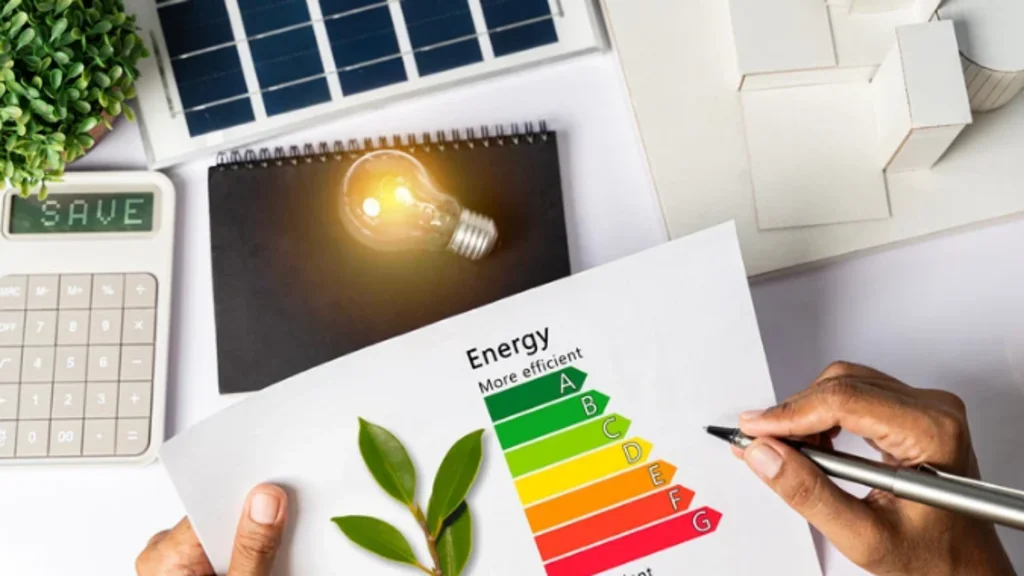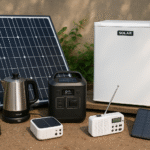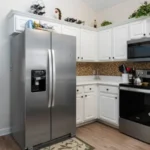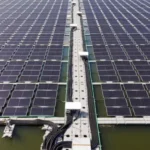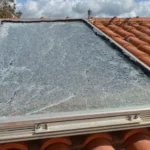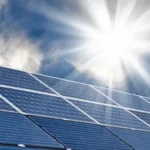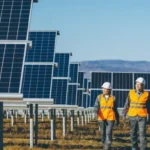Are you considering a move towards a more sustainable lifestyle? Energy efficient homes not only help you reduce your carbon footprint but also save you money in the long run. In 2025, these homes will become more accessible and practical for homeowners everywhere. Whether you’re interested in reducing your utility bills or making an environmentally conscious investment, understanding the benefits and options of energy-efficient homes is the first step.
Why Should You Choose an Energy Efficient Home?
Energy at homes are designed to reduce energy consumption and lower utility bills by incorporating efficient systems and building materials. These homes typically feature improved insulation, energy-efficient heating and cooling systems, and appliances that consume less energy. This results in lower carbon emissions and greater comfort for the residents.
In today’s world, energy efficiency is a key factor in sustainable living. With growing concerns about climate change and rising energy costs, energy efficient provide a long-term solution to these issues.
The Benefits of Energy Efficient Homes
When considering an energy efficient home, several benefits stand out. These include:
- Lower Energy Bills: Reducing energy consumption will significantly lower your monthly bills.
- Improved Comfort: Energy efficient maintain consistent temperatures, creating a more comfortable living environment.
- Increased Property Value: Homes with energy-saving features can have higher resale value.
- Environmental Impact: Reducing energy use lowers your carbon footprint, helping to conserve resources and reduce greenhouse gas emissions.
- Financial Incentives: Many governments offer tax rebates or subsidies for energy-efficient home improvements.
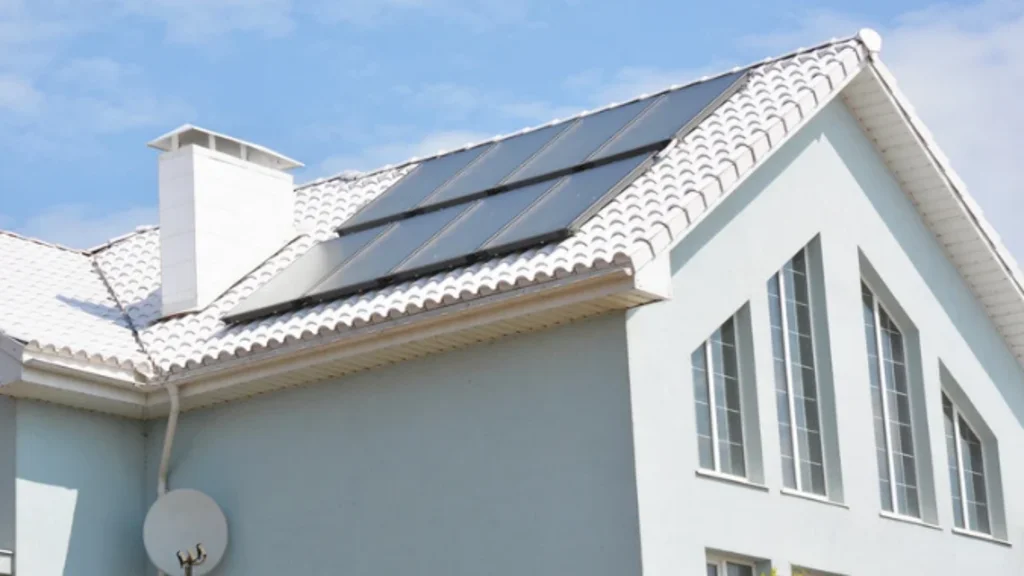
How to Identify the Best Energy Efficient Homes
The best energy efficient incorporate the most effective energy-saving features. But how can you identify one? Here are some key indicators:
1. Insulation and Sealing
Good insulation in the walls, floors, and ceilings helps keep warm air inside during winter and cool air during summer. Proper sealing around windows and doors prevents drafts, making the home more energy-efficient and comfortable.
2. Energy Efficient Heating and Cooling Systems
One of the most critical aspects of an energy efficient home is its heating and cooling systems. High-efficiency HVAC units are crucial for maintaining a comfortable indoor temperature with minimal energy use. In addition, smart thermostats allow you to manage your home’s temperature remotely, saving energy when you’re away.
3. Energy Efficient Appliances
Appliances that carry the ENERGY STAR® label are more energy-efficient than standard models. These include dishwashers, refrigerators, and water heaters, such as energy efficient or electric water heaters. These appliances consume less energy, saving you money while reducing your environmental impact.
Energy Efficient Homes for Sale: What to Look For
If you’re in the market for a new home, there are several factors to consider when looking for energy-efficient homes for sale:
1. Home Energy Efficiency Assessment
Before purchasing, it’s vital to get a home energy efficiency assessment. This evaluation looks at how well the home performs regarding energy use and identifies areas for improvement. The review includes checking the insulation, heating, and cooling systems, appliances, and windows.
2. Energy Efficient Homes Builders
When choosing a home to buy, it is key to select a property built by energy efficient home builders. These builders use sustainable materials and technologies to construct homes that meet high energy performance standards.
3. Features of an Energy Efficient House
An energy efficient house includes double-glazed windows, high R-value insulation, energy efficient water heaters, and solar panels. All of these reduce energy consumption and improve the home’s overall performance.
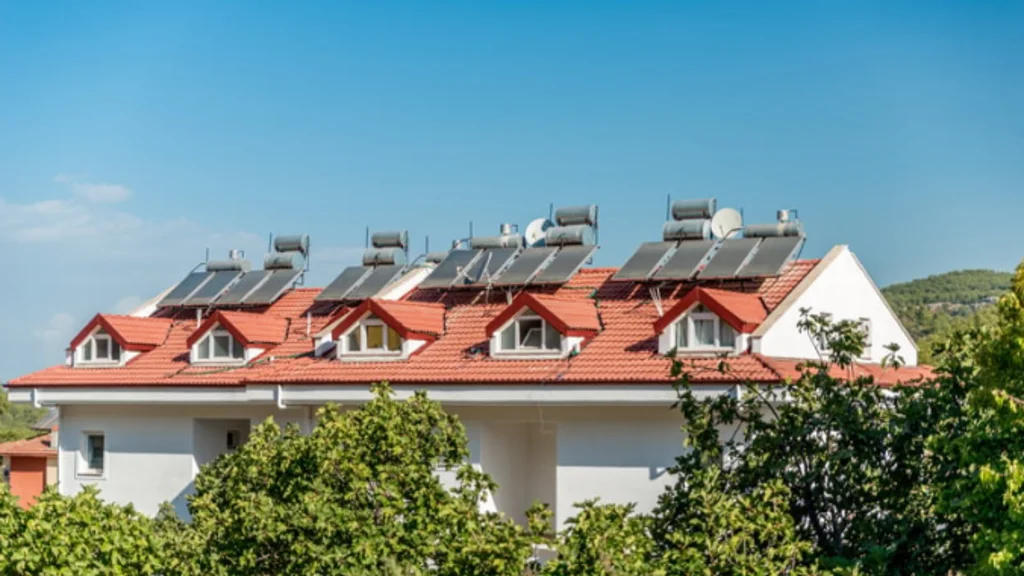
The Most Efficient Way to Heat a Home
Energy efficient hot water heater Heating for home efficiently is essential for energy savings. While there are several ways to heat a home, some are more efficient than others:
1. Geothermal Heating Systems
Geothermal heating systems are among the most energy-efficient ways to heat a home. These systems use the Earth’s stable temperature to provide heating and cooling, making them highly efficient year-round.
2. Solar Energy
Solar panels are an excellent option for heating a home, as they use the sun’s energy to generate electricity. This energy can power solar electric for home , water heaters or other heating systems, reducing your dependence on fossil fuels.
3. High-Efficiency Furnaces and Boilers
Modern high-efficiency furnaces and boilers use less fuel to produce more heat. They are an excellent option for homeowners who live in colder climates and need reliable heating.
Energy Efficient Water Heaters: Saving on Hot Water
One of the most significant energy expenditures in a home is water heating. Energy efficient water heaters can reduce these costs significantly. There are a few options to consider:
1. Solar Water Heaters
Solar water heaters use the sun’s energy to heat water, making them an eco-friendly and cost-effective option. They’re ideal for homes in sunny areas and can significantly reduce electricity or gas bills.
2. Tankless Water Heaters
Tankless water heaters heat water on demand, eliminating the need to store hot water in a tank. These systems are highly energy-efficient, as they only consume energy when hot water is needed.
3. Electric Water Heaters
Electric water heaters are a popular option for many homes. When selecting an electric water heater, look for an energy efficient electric water heater to ensure that your system operates at the highest efficiency.
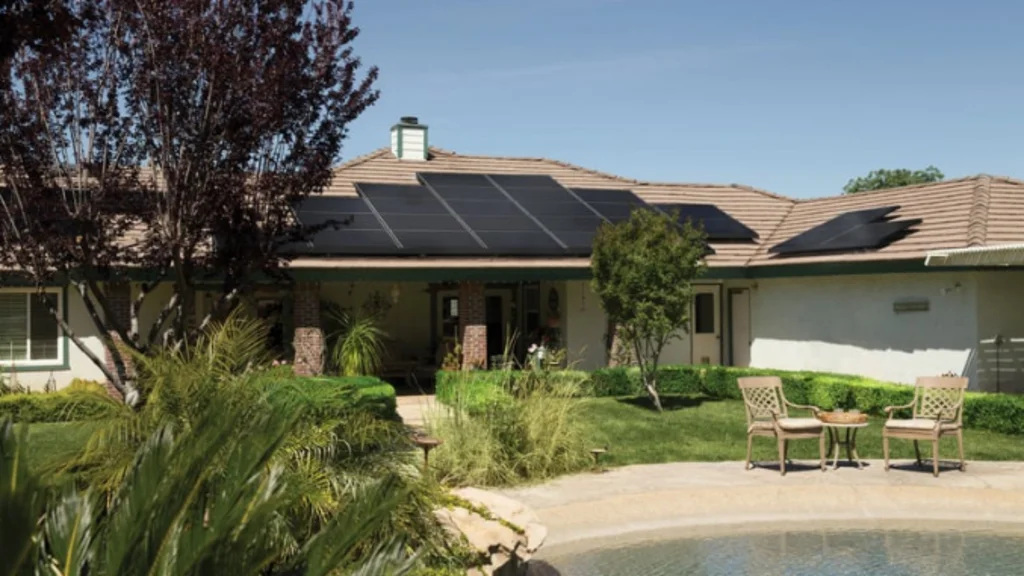
How Much Does an Energy Efficient Home Cost?
solar energy companies are efficient homes might have a higher upfront cost, the long-term savings on energy bills can make them a worthwhile investment. The price of energy efficient homes varies depending on location, size, and features. Typically, homes that have been built with energy-efficient technologies can cost more initially, but the savings on utilities and maintenance make them more affordable over time.
The cost of installing energy-efficient systems like solar panels or high-efficiency HVAC systems also depends on the system’s size and the home’s current energy use. Homeowners may also be eligible for rebates or tax credits to offset some initial costs.
Embrace the Future of Energy Efficient Living
Energy efficient homes offer a sustainable, cost-effective way to reduce energy consumption, save money on utilities, and live more comfortably. Whether building a new home or upgrading your current one, investing in energy-efficient systems is a smart decision for the environment and your wallet. With the growing availability of energy-efficient technologies, there’s no better time to switch.
FAQs
1. What is the most energy-efficient type of home?
The most energy-efficient homes incorporate renewable energy systems, high-efficiency insulation, and low-energy appliances. Homes powered by solar panels, with modern HVAC systems and high-quality insulation, are typically the most energy-efficient.
2. How do I improve my home’s energy efficiency?
To improve energy efficiency, you can upgrade your insulation, install energy-efficient windows, use energy-saving appliances, and consider adding a solar panel system. Additionally, conducting a home energy efficiency assessment can identify areas that need improvement.
3. Are energy-efficient homes more expensive?
Energy-efficient homes may cost more initially due to the investment in high-quality materials and systems. However, the savings on energy bills and maintenance costs over time often offset the higher upfront price.
4. Can I make my current home more energy-efficient?
Yes, you can make improvements such as upgrading to energy-efficient appliances, adding insulation, sealing leaks, and replacing windows to make your home more energy-efficient. A home energy efficiency assessment can guide you on where to start.
5. What is the best way to heat an energy-efficient home?
The most efficient way to heat an energy-efficient home is to use a combination of methods, such as geothermal systems, solar panels, or high-efficiency furnaces. The most efficient method will depend on your home’s location and climate.

